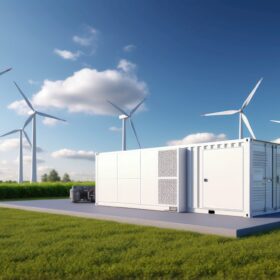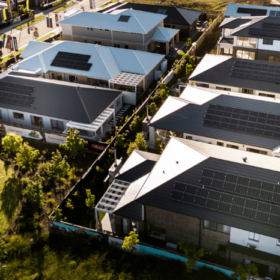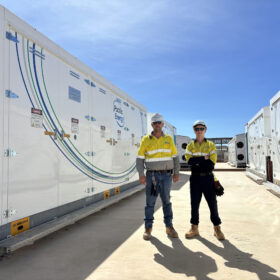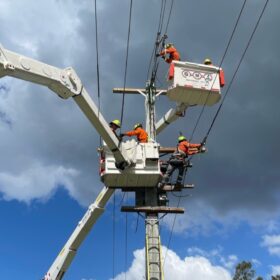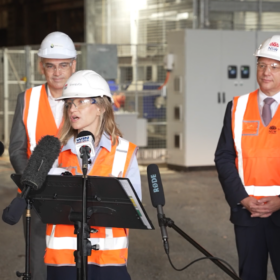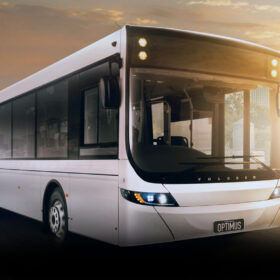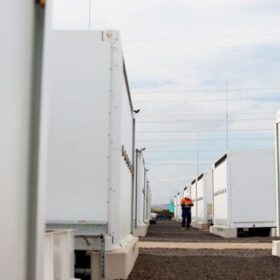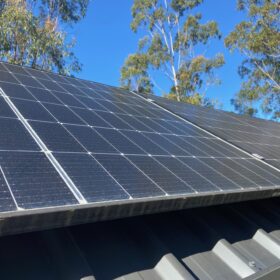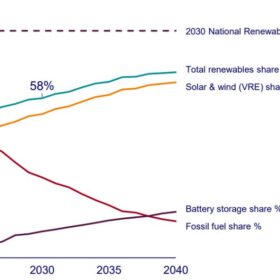ABB launches battery storage subscription model to address capital constraints
ABB has announced a “battery energy storage systems-as-a-service” model to add storage to commercial and industrial customers without upfront capex.
Victoria puts an end to no-interest solar battery loan program
The Victorian government has announced applications for the state’s interest-free solar battery loan program are no longer being accepted, declaring that the rollout of energy storage systems under the scheme has exceeded expectations.
8 MWh battery system to help power WA lithium project
An 8 MWh battery energy storage system is now helping power one of the largest hard-rock lithium mines in the world with Western Australia-based miner PLS advancing its plans to reduce its energy-related emissions intensity and costs.
AEMO kicks off consultation on electricity network options
With cost estimates for overhead transmission line projects blowing out by up to 55%, the Australian Energy Market Operator has launched formal consultation on a draft report outlining a range of new and updated transmission network developments along with distribution network augmentation options.
NSW government throws weight behind first urban renewable energy zone
EnergyCo and New South Wales government representatives have given impetus to the proposed Illawarra renewable energy zone, tipped to be the state’s first urban REZ, and setting a benchmark for future clean energy collaborations.
Western Australia public bus fleet ditches diesel, goes all electric
Diesel government bus manufacturing in Western Australia has been replaced by all-electric alternatives in an effort to reduce the state’s reliance on fossil fuels and cut emissions.
AEMC releases new fit-for-purpose grid access standards overhaul
Connecting to the grid will be faster and cheaper for renewable energy generators from August 2025, when new grid access standards come into play, to meet the changing needs of electricity generation technologies.
Risen secures grid connection approval for New South Wales battery project
China-headquartered solar panel supplier and solar farm developer Risen Energy Australia has received approval to connect it’s proposed 100 MW / 400 MWh Coleambally battery storage system to the grid.
ACCC drafts proposed national emergency backstop mechanism
The Australian Competition and Consumer Commission has drafted a determination proposing to grant authorisation to selected distribution network service providers for the procurement and implementation of a national ‘public key infrastructure’ service, or emergency backstop mechanis.
WoodMac tips Australia to fall short of 82% renewables goal
Global analytics firm Wood Mackenzie predicts Australia will fall well short of its target of 82% renewable generation by 2030 due to grid connection delays, inadequate investment and moves from some state governments to scale back their clean energy ambitions.
